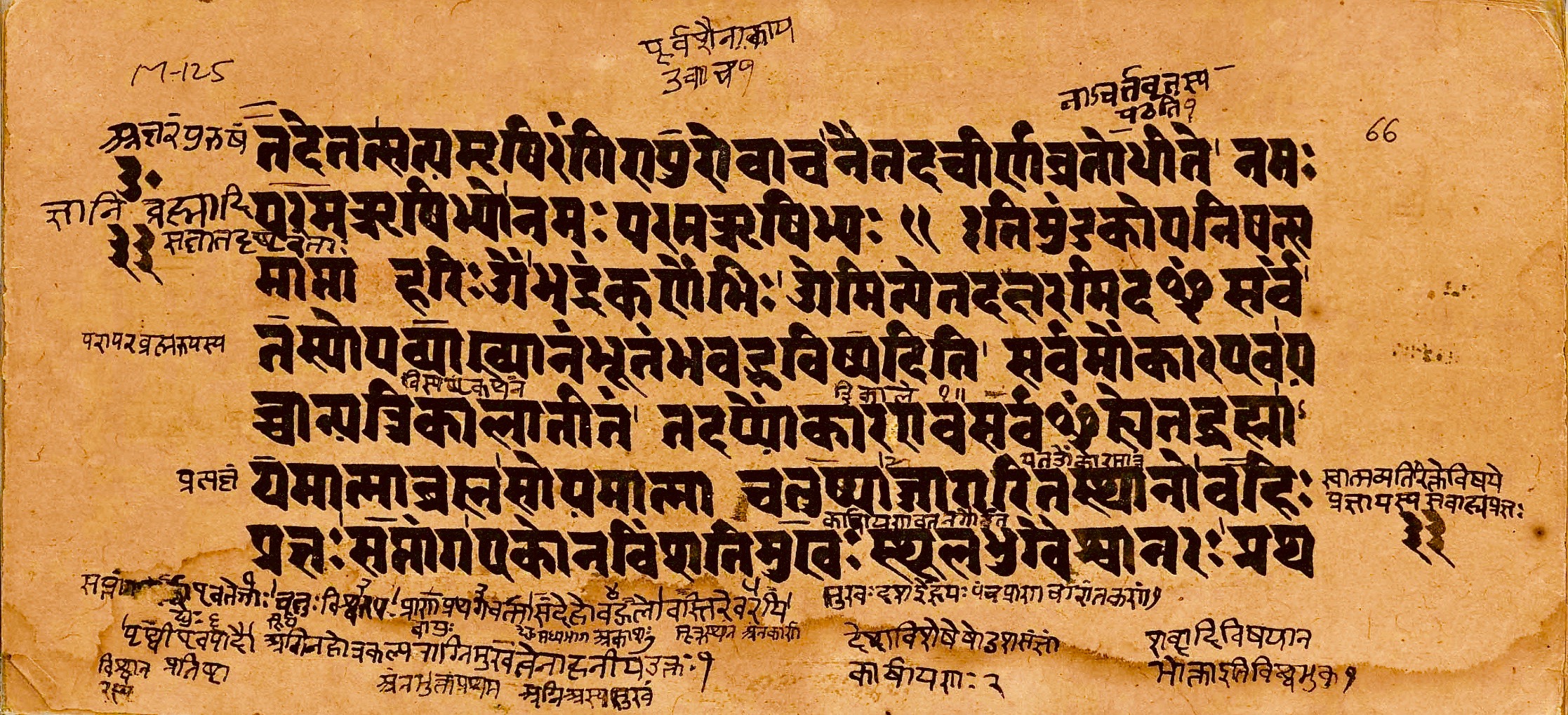A few millennia back one fine day, the mighty emperor Janaka at the middle of a night was suddenly wake up by the palace sentries, who in all freight came trembling to inform the Highness that, the fortress where he was stationed was under attack. All the external intelligence failed and the army of the enemy kingdom now is almost on the verge of knocking the fortress gates off.
The King jumped out of his bed and in no time reached the terrace of the fort, from where his men were putting best of their under-prepared efforts – the king quickly armored himself up to add whatever he could, to the efforts, in no match with the full strength being put by the opponent. The intelligence failure was so much to blame, the chances of keeping the fort safe dishearteningly seemed close to zero.
The king and his un-ready men, however, fought with valor to delay what was obvious till the last drop of their blood, but finally had to give up and let the enemy conquer the city.
Such an effortless victory, the enemy king thought, when he could capture and sit on the throne of the Mithila, where the previous king was brought for a sentence. The victor said, “O Janaka, you are of royal blood and also a knower of Vedas, it will bring misfortune to the kingdom, if you are killed – so you get exiled from the kingdom”.
The emperor, who was the ruler till yesterday had no choice but to leave the kingdom. He was ordered to leave on feet, however, a band of the new king’s men was sent on horses to keep watch on him – to ensure that, there is no move by the old king to raise a mutiny.
Janaka kept walking towards the east, as he was guarded the citizens did not have much to do except just watching as their beloved king was driven out of the kingdom – not even they could offer him a drop of water.
When the border of the kingdom approached, the guards left Janaka to enter the neighboring kingdom. The kingdom towards the east was known for its fertile lands and hence surplus food. On entering the king found some good men on the other side of the border were distributing food to the poor. The survival instinct of the king made him stand in the queue in the expectation of a bowlful of rice and a glassful of water; the feeling of hunger and thirst is the same for all be it a beggar or a king.
But when Janaka’s turn came the server announced “We are finished for the day”, with folded hands gulping all his royal dignity down, the king begged for the soup lying at the bottom of the cauldron. The server could not deny this, looking at the dispirited soul with numerous fresh wounds, with limping legs and torn cloths. However, the moment he was about to sip the soup from the bowl, a kite flew down from the sky to topple to pot off from his hand.
This was the limit of his tolerance, the king could not take it anymore and fell off on the ground losing his sense.
As soon as he fell off, it made him once again wake up to realize – the whole episode was a nightmare.
Anybody else would have relieved to have been realizing this only, but Janaka was a profound philosopher too – so more than anything a question filled his mind, “Was that true or is this ?”. Days passed, weeks passed but the emperor could not get the question out of his mind. It went to such an extent that it started hampering the kingly work, the welfare of the kingdom and its people.
Whatever is said to the emperor, he answered with “Was that true or is this ?”, whoever he came across within the palace did not spare that person without asking “Was that true or is this ?”. The doctors, chemists, scientists, psychologists - all failed to cure this peculiar mental disease, which the king got into.
It continued till the news reached Sage Astavakra, the omniscient sage understood what might have happened and decided to pay a visit to the king.
Seeing the sage also, King Janaka asked “Was that true or is this ?”
Sage Astavakra directly came to the point, “The misery, the suffering, the anxiety whatever was there in your dream, is it still here ?”
The king replied “No”
Sage asked, “The happiness, the safety, your men, your queens were everything there?”
The king replied “No”
The sage said “ So my king, neither that was true, nor this is”
“However were you there in your dream? And is it the same you who is seating here on the throne?” He continued.
The king replied “Yes”.
“You and you are the only truth” – the sage concluded convincingly.
--------------
We all have witnessed this scenario in some or another form - whenever after each nightmare we thought “Thank god, this is not true” and after each good dream we thought “If this was true”. In dreams we saw ourselves, different characters, places, situations everything possible outside a dream, perfectly resembling what we see when we are awake. Most interestingly when dreaming we never could figure out there is a reality apart from that dream, exactly similar is the fact with the world we experience when we are awake – it does not allow us to think there is a reality apart from this.
So there is absolutely no proof that what we think to be real in our awake state is actually real. It is logically very well possible that what you are seeing around you, with your wide-open awake eyes is actually a dream and you visit reality through the small windows of your dreams or nightmares. If it is the case, would you have been able to figure that out?
So what is reality then?
Here comes the Mandukya Upanishad the scriptural answer to this dilemma; the Upanishad says there are three states of your conscious existence – a. Awake state (which you think to be real), b. the state of dreaming (which by conditioning, you think to be unreal or at least less real), c. the deep sleep state (when you experience nothingness as consciousness goes to seed state) and none of them is real. The reality is beyond these and is the fourth one or the Turiyam, that witnesses all these three states coming and going by each passing day. That witness is the real you.
What is common between these three states is the witness of these, when the Sage says “You” are the only truth, the “you” points to the witness which is experiences the dream events, the events in the awake state even the experience-less-ness of the deep sleep. The question arises if that “Fourth” is different from the first three, obviously as knower and known have to be different in the subject-object relationship in any stream of philosophy.
The existence of this fourth is always available to us to realize, you may have been a king when you dreamt last night to wake up to realize the life is just too hard on you, especially in these trying pandemic times or you might have felt that you slept like a log when you woke up this morning – but the question is asked who experienced all that? It is you separate from all three, so the fourth.
The claims about this fantastic fourth entity inside you do not end here, it even goes up to claiming this fourth is one with what is understood as God, will try to establish and elaborate that in Part II.
READ Part II
Turiyam : The fourth entity within us ...
~Avirup Chakraborty



0 Comments